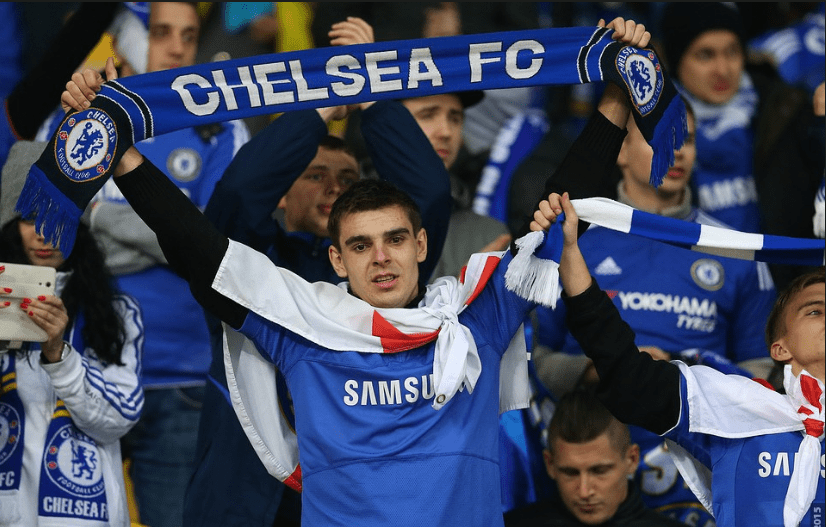With just a few matches left in the Premier League, Chelsea fans are eyeing a long-awaited return to the Champions League. But there’s a new twist off the pitch that could derail their European comeback — and it has nothing to do with goals, tactics, or form. Instead, it’s a matter of ownership. And at the center of it all is BlueCo, the holding company behind Chelsea’s recent rebuild… and Strasbourg’s surprising Ligue 1 run.
Chelsea currently sit fifth in the Premier League table, a spot that — thanks to England’s strong UEFA coefficient — would usually secure Champions League qualification. After missing out last season, returning to the elite European tournament would be a major milestone for the club under Enzo Maresca, who’s also managed to guide them to the Europa Conference League final.
But that Champions League spot could come with an asterisk.
BlueCo, the American-led consortium that owns Chelsea, also holds a majority stake in French club Strasbourg. As fate would have it, Strasbourg is enjoying one of its best seasons in years. They’re on the edge of Champions League qualification themselves.
This puts both clubs in potential conflict with UEFA’s multi-club ownership regulations, which prohibit two clubs owned by the same entity from participating in the same European competition. The goal of the rule is simple: prevent any perceived or actual conflicts of interest between clubs that could meet on the pitch.
The issue isn’t just theoretical. According to reports, BlueCo has been in discussions with UEFA since January to untangle this problem. But so far, there’s no resolution — and time is running out.
One potential fix involves moving Strasbourg into a blind trust, a structure designed to strip away any direct influence from Chelsea’s board or BlueCo personnel. Another option on the table is reducing BlueCo’s ownership stake in one of the clubs to avoid breaching UEFA’s control threshold.
There is precedent for this: Nottingham Forest’s owner, Evangelos Marinakis, made changes to his holding structure to comply with UEFA rules, distancing himself from Olympiakos, the Greek side he also owns. In legal terms, he is no longer classified as a “person with significant control” over Forest’s parent company, allowing both clubs to potentially compete in Europe without breaking regulations.
But Chelsea and BlueCo have yet to take similar steps. Unlike Marinakis, BlueCo has not formally relinquished any control or voting power, and that’s what’s keeping the door open for a potential Champions League ban if both Chelsea and Strasbourg qualify.
UEFA isn’t just concerned about ownership titles either. Even if one club is technically placed in a trust, shared resources, staff overlap, or player transfers between them could trigger regulatory red flags. In fact, if both Chelsea and Strasbourg qualify, UEFA would immediately prohibit them from trading players or staff between the clubs during their time in the same competition.


























